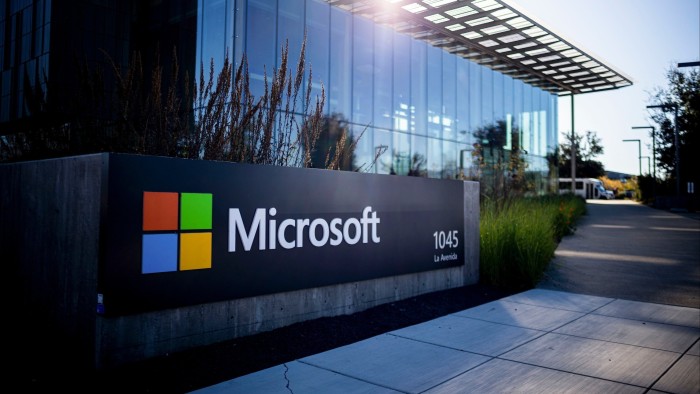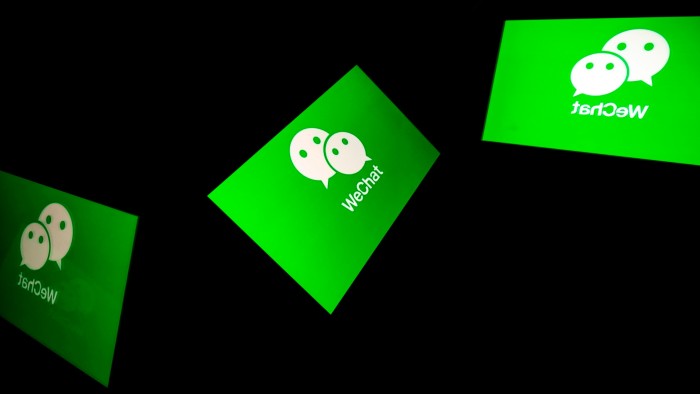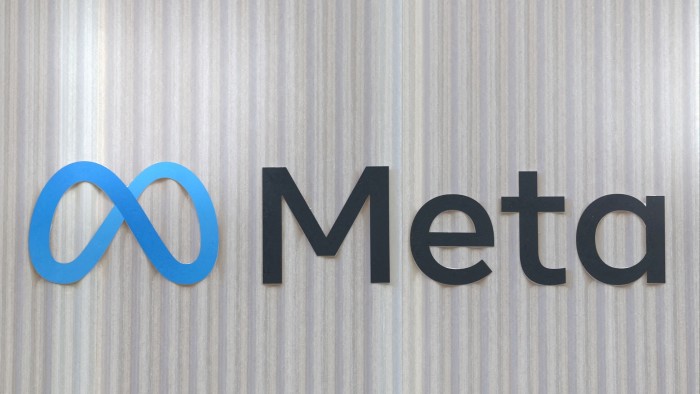Microsoft shares jump after strong AI demand boosts cloud unit

Unlock the Editor’s Digest for free
Roula Khalaf, Editor of the FT, selects her favourite stories in this weekly newsletter.
Microsoft posted better than expected quarterly earnings on Wednesday, as its cloud division reported robust sales growth on strong demand from artificial intelligence-related services.
Revenue rose 13 per cent in the quarter to the end of March from the same period in the previous year to $70.1bn. Net income increased 18 per cent to $25.8bn. Both figures exceeded the average estimate in an S&P Visible Alpha survey.
Microsoft shares jumped 6 per cent in after-hours trading in New York, adding around $176bn in market value.
The group’s cloud division, known as Azure, posted a 20 per cent increase in revenues from a year ago to $42.4bn, broadly in line with expectations. The key unit had missed expectations in the previous quarter, causing the shares to sell off.
Microsoft’s capital expenditure — spending on equipment and other major investments — was $21.4bn in the quarter, up from $14bn in the same period a year earlier. The company said in January that it would spend roughly $80bn in the fiscal year ending June 30 to build new data centre infrastructure.
In an interview with the Financial Times this week, Microsoft president Brad Smith pledged to spend “tens of billions of dollars” a year on European data centres to protect customers’ access to their data and computing power. The move is intended to reassure the region that President Donald Trump will not be able to cut off access to the critical technology amid a global trade war.
Yet the software giant’s evolving relationship with start-up OpenAI, which it has backed with $13bn in investment, has raised doubts about whether it will adjust its pace of development.
Microsoft in January said it would change the structure of its deal with OpenAI to enable the company led by Sam Altman to use rivals’ cloud computing services. It retains right of first refusal.
The move coincided with the start-up announcing with cloud provider Oracle and Japan’s SoftBank that it would build at least $100bn of AI infrastructure in the US in a project dubbed Stargate.
Microsoft has in recent weeks been forced to push back against claims that it was experiencing slowing AI demand following reports it had cancelled leases and walked away from negotiations with multiple data centre providers.
“We are slowing or pausing some early-stage projects,” said Noelle Walsh, president of Microsoft’s cloud operations, in a statement earlier this month. “Any significant new endeavour at this size and scale requires agility and refinement as we learn and grow with our customers.”






